Share This:
September 18, 2012 | Theatre,
The Stories We Tell: A Profile of The Civilians
When I first had the privilege of seeing The Civilians at work, I recall I went in with some skepticism; I had a ticket to see In the Footprint: The Battle Over Atlantic Yards as part of ArtsEmerson’s inaugural season in 2010. I knew absolutely nothing about the Brooklyn land development project that had torn a neighborhood apart and had a difficult time imagining a rollicking musical play about eminent domain. But ten minutes into the production, I was hooked; the combination of song, video and investigative research was one of the most unusual and affecting pieces of theatre I had seen in a long time.
In the second season, The Civilians returned with You Better Sit Down: Tales From My Parents’ Divorce, a painfully funny look at how marriages dissolve with the actors portraying their own parents in their own words. And now, they are back September 20-23 with another original piece, Paris Commune, a play with music based on the short-lived uprising of 1871. I’m thrilled ArtsEmerson is presenting The Civilians once again not only because what they do is so unique in the American theatrical landscape, but because they do it so well.
Writer/director Steve Cosson founded the company in 2001 with a focus on investigative theatre and went into rehearsals with their first show Canard, Carnard, Goose? only days after 9/11. That first piece was based on a strange story heard by a company member about the 1996 Disney movie Fly Away Home in which a flock of geese had been trained to follow an airplane for the film and then, after the production, the birds were supposedly abandoned in the Adirondacks to die. Cosson decided the company should go interview residents of the Adirondacks only to discover the story was untrue, but found themes of displacement that echoed the tragedy of 9/11 — and so their first production was born.
Since then, The Civilians have created 12 original works that have ranged from the very personal, (like Gone Missing, based on interviews with New Yorkers who have lost something whether it’s their house keys or their mind) to the sociopolitical (with This Beautiful City, about the influence of the Evangelical movement in Colorado Springs, which received Lucille Lortel, Drama Desk and Drama Guild nominations). In their mission statement, The Civilians seek to challenge their audience with topics that are complicated and under-examined by in-depth interaction with their subject matter including community residencies, thorough research and extensive conversations. It is these conversations that open the door to new projects.
Over the years The Civilians have honed their technique of interviewing derived from Cosson’s study with Les Waters of the Joint Stock Theatre Company in London; this method maintains the importance of avoiding judgment, being an active listener and letting the answers lead to more questions. While they do use recording devices, the actors perform their interviews from memory during the actual rehearsal process to deepen their understanding of the subject. Cosson is clear that the focus of The Civilians is on the performative act of creation. Unlike other investigative practitioners, Anna Deavere Smith for example, the use of music, dancing or moving sets engages the audience with the spectacle of theatre, reminding them that they are watching a show, not a documentary.
Of course, not all of their work is based on first-person interviews; for Paris Commune, The Civilians used original texts and songs from the period to recreate the first Socialist revolution in 19th century France. Composer Michael Friedman, who has been with the company since its beginning and scored Broadway success with Bloody Bloody Andrew Jackson last year, adapted the folk songs of the Communards that are interwoven throughout the show.
In recognition of their first two seasons, The Civilians received an Obie award in 2004 and continue to thrive in an incredibly difficult climate for all artists while challenging their audiences to ask questions of themselves. In an interview with Sarah Kozzin, Steve Cosson discussed his vision for the company:
“Ultimately my goal is to find a way to make art that will actually open the world up and be the opposite of what I think of as a “theatre of assurance” — a theatre where you get to experience some conflict so the world that you want to believe in is restored by the end of it. I feel like my mission as an artist is to encourage people’s doubt and curiosity, and that’s what leads me to make new work — to find a way to change and evolve the stories that we tell.”


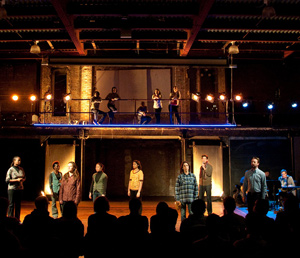
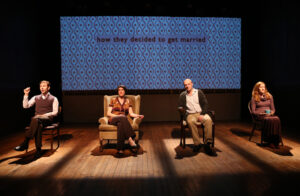
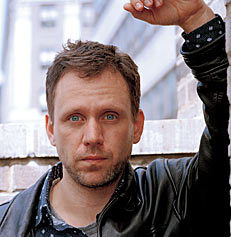
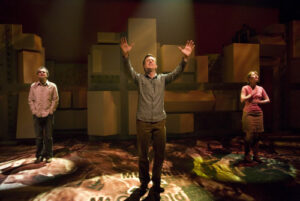
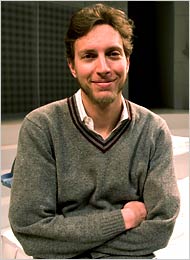



Leave a Reply